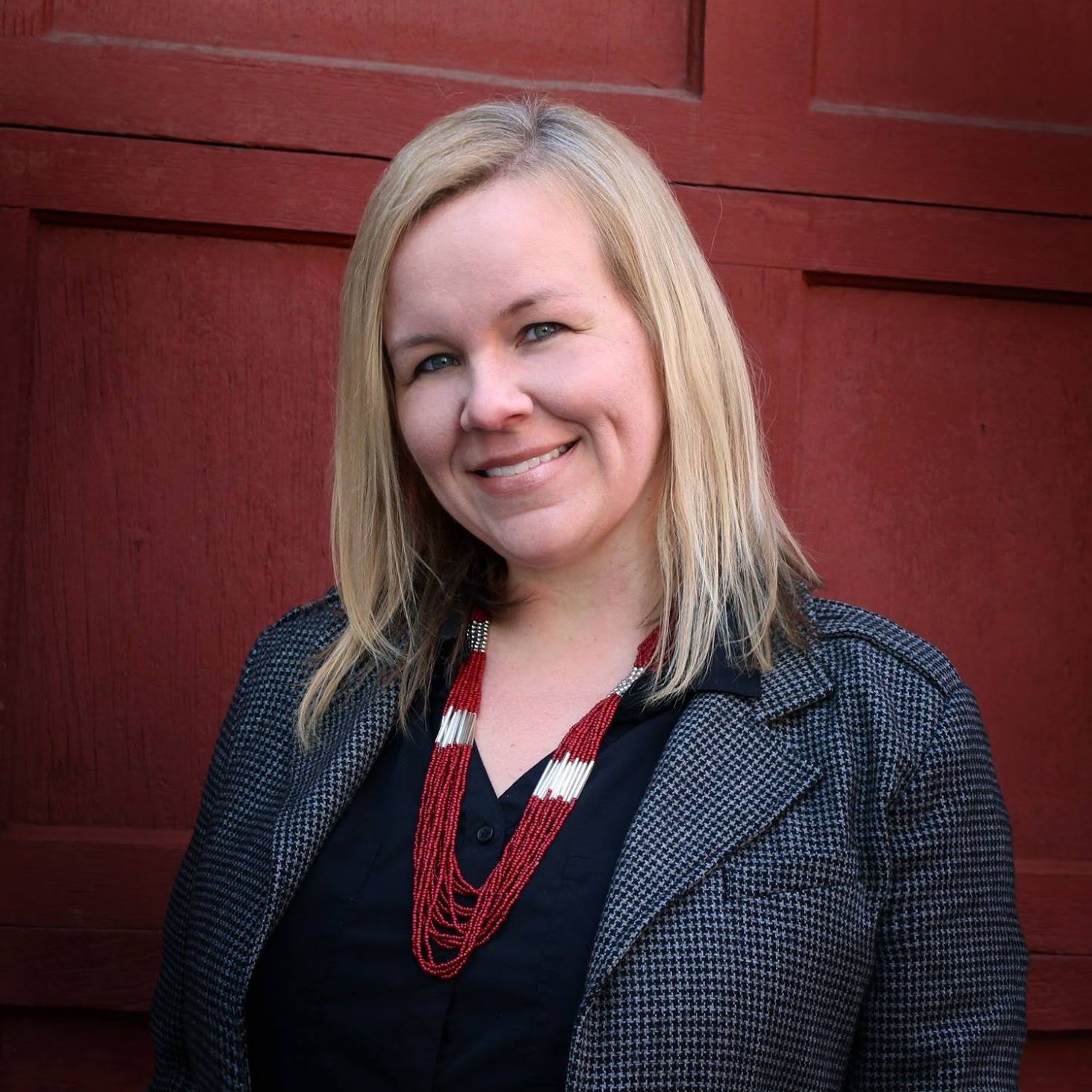15 May 2023
5 Ways Geneva’s Scientific Advisory Board Makes a Difference in Military Medicine
Geneva’s Scientific Advisory Board (SAB) members provide scientific consult, advisement, and direction to Geneva’s senior leadership, program directors, principal investigators, and research administrators. The SAB is a strategic partner alongside Geneva investigators to ensure the science remains relevant, sustainable, and innovative – but they also do much more to advance military medicine.
1. Provide scientific oversight in military medical research
In 2011, the National Institutes of Health (NIH) requested that Geneva demonstrate its ability to engage directly in the scientific oversight of its Geneva-managed research. In response to the requests made by the NIH, Geneva’s Board of Directors and President proposed the creation of a Scientific Advisory Board (SAB) as the appropriate body of experts to fulfill this requirement. The SAB was established in order to have an independent, ethical review body to serve as a scientific authority for the organization. The initial aims of the SAB were to investigate researcher misconduct, validate potential research scope changes, and review the scientific merit of the research.
Today, Geneva’s SAB consists of nine independent members who were selected for their knowledge of scientific or technical disciplines appropriate to the understanding of military medical research.
2. Serve as a key advocacy body among the federal government, industry, and academia
Without issues of research misconduct identified at Geneva, the purpose of the SAB quickly pivoted to become more of an advocacy group, presenting as thought leaders in their individual areas of research expertise, with the unifying commitment to Geneva’s mission to advance military medicine.
The SAB has been a proponent for Geneva in policy creation, decision-making strategies, and advocacy efforts with leaders and key players in military medicine, including those at the Defense Health Agency (DHA), Uniformed Services University (USU), and at military performance sites nationwide. SAB members have also engaged with Geneva researchers and research teams, serving as a bridge between Geneva and potential collaborators within the federal government, industry, and academia. The SAB maintains a presence at industry conferences and represents Geneva’s mission within their respective fields of expertise.
3. Leverage donor funds to recognize innovative military medical researchers
The SAB plays a vital role in researcher and programmatic evaluations for Geneva. The SAB assesses nominees for Geneva’s researcher recognition programs and selects recipients of these awards.
Geneva’s Researcher of the Year (ROY) recognizes and honors Geneva researchers who have shaped military medicine in the delivery of better treatment options, therapies, and healthcare practices for U.S. service members and the public at large. The SAB evaluates nominees in areas of research quality, dissemination, mentorship, innovation, collaboration, and impact. Since 2014, eight researchers have received this prestigious award. The ROY Award includes a monetary gift of $10,000 and is managed in accordance with Geneva’s gifting rules and regulations.
The SAB is actively involved in the selection of recipients of the Jonas Scholars program, a joint scholarship between Geneva and Jonas Philanthropies. The scholarship provides funding to outstanding doctoral nursing candidates who are seeking to improve healthcare for veterans and military personnel. Since 2016, Geneva and the SAB have supported three nursing research PhD candidates. Recipients of the Jonas-Geneva Scholarship receive $10,000 to be matched by their respective university. Geneva’s commitment to nursing research is deeply rooted in the organization’s history beginning with the organization’s founder, Jane Taylor, a former nurse.
In 2019, Geneva held its first Small Grant Competition for researchers at Joint Base Lewis-McChord (JBLM), made possible by a grant from the LT Murray Family Foundation. Ten competitive proposals were received and reviewed by the SAB, who then selected the proposal from Capt. Daniel Lammers, M.D., and Lt. Col. Matthew Eckert, MD as the recipients. Their research seeks to develop novel ways to combat blood loss by utilizing adenosine, lidocaine, and magnesium (ALM) during resuscitation, shown to improve patient survival in some models.
4. Expand research capabilities
The SAB has grown in scope to be one of Geneva’s main differentiators, and much emphasis has been made since its inception on developing and leveraging the SAB as Geneva’s priorities grow and evolve. Geneva continues to attract experts who represent critical and emerging research areas most relevant to the military’s medical priorities.
With the professional, scientific, and technical SAB leadership across several different research areas, they add depth to Geneva’s work so that Geneva can advance military medicine in unique ways.
5. Envision the future of military medicine
Remaining true to its origination, the SAB continues to provide scientific expertise to Geneva and its broader body of investigators to ensure that Geneva remains always at the forefront of military medicine. Geneva continues to recruit experts who represent critical and emerging research areas most relevant to the military’s medical priorities and offer valuable insight and expertise necessary to chart a path forward for the achievement of Geneva’s mission. The SAB continues to position Geneva, and our team of researchers, as leaders and innovators who are shaping the future of military medicine.
Meet Geneva’s Scientific Advisory Board. Have questions about the SAB? Contact us.



